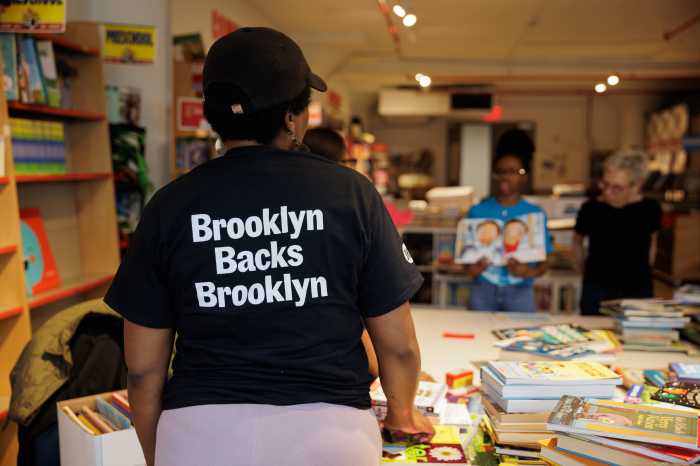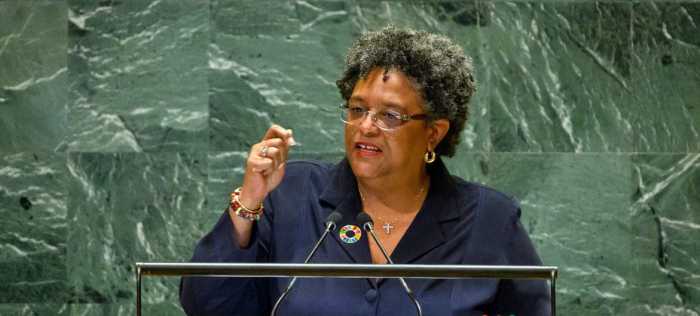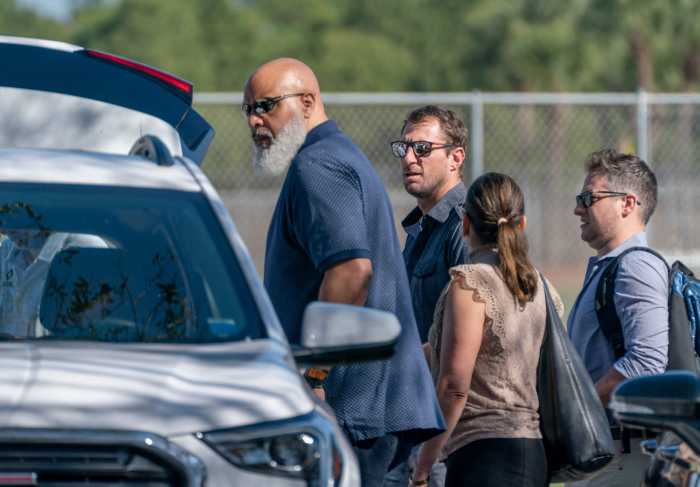Gays from RI can marry in the Bay State, New Yorkers cannot
A Massachusetts Superior Court judge ruled on September 29 that same-sex couples from Rhode Island should be able to marry in Massachusetts, but that couples from New York may not. The ruling came as a follow-up to the decision by the state’s Supreme Judicial Court (SJC) in the Cote-Whitacre case, decided on March 30, which generally upheld the ban on out-of-state gay marriages.
In Cote-Whitacre, the Massachusetts high court rejected a challenge to provisions of a Massachusetts law, enacted in 1913, which barred marriages there by non-resident couples whose unions would not be recognized by their home state. The law was an accommodation to states that still had miscegenation laws, which the Bay State did not.
When marriage by same-sex couples began in Massachusetts in 2004, Republican Governor Mitt Romney, who is not seeking re-election this year so he can pursue his party’s presidential nomination, decreed that the 1913 law, unenforced for decades, would be used to block gay marriages from outside the state. Romney has consistently opposed gay community causes.
Cote-Whiteacre was brought by same-sex couples from Connecticut, Maine, New Hampshire, New York, Rhode Island, and Vermont who wished to marry in Massachusetts. Noting that all but New York and Rhode Island had statutes specifically prohibiting same-sex marriage, the SJC ruled against the couples from the other four states. The court noted that as of March 2006, the question of whether same-sex couples could marry in New York and Rhode Island had not been decided so it sent the case back to the Superior Court for a determination on whether couples from those states should be allowed to marry in Massachusetts.
On July 6, the New York Court of Appeals issued its opinion, ruling 4-2 that the interpretation of the Domestic Relations Law under which same-sex couples could not marry was valid and not in violation of the state Constitution. Consequently, wrote the Massachusetts lower court judge, “this court determines that same-sex marriage is prohibited in New York.”
The issue was not so simple for Rhode Island, however, where there is no express legal authority on the question of marriage for same-sex couples.
The question was also complicated by disagreements among justices of the Massachusetts high court in the March decision. One of the questions left unsettled at that time was how to determine whether a state would prohibit recognizing an out-of-state same-sex marriage. Justice Francis X. Spina, writing for two other justices, argued that the Massachusetts court would have to look to “the home State’s general body of common law and ascertain whether that common law has interpreted the term ‘marriage’ as the legal union of one man and one woman as husband and wife.”
By contrast, writing for a different three-judge group, Chief Justice Margaret Marshall sought to give a narrower construction to the 1913 Massachusetts law, focusing scrutiny only on the constitution, statutes, and appellate rulings of the home states, and not trying to reach conclusions based on the general common law of the state.
In determining how to reconcile these different views, the lower court looked to the points on which the two agreed, and then relied more generally on legal tradition by interpreting the 1913 law narrowly to leave intact as much of Massachusetts common law as possible.
The common law rule on marriage recognition in Massachusetts, as elsewhere, is that a marriage that is valid where it is made is to be recognized in other jurisdictions. The 1913 law created an exception, but that exception should apply only to “positive law”—statute, constitutional language, and court rulings—not to its common law. The Marshall view prevailed.
Looking to Rhode Island positive law on marriage by same-sex couples, he found none—even though state officials currently interpret the law to forbid such unions. Rhode Island has not expressly prohibited same-sex marriage by constitutional amendment or statute, and no lawsuit on the subject has produced an appellate decision specifically ruling against same-sex marriages.
“Upon consideration of the parties’ oral arguments and submitted memoranda, this Court determines that same-sex marriage is not prohibited in Rhode Island,” the lower court concluded, pointing to similar findings by the Washington Supreme Court and a federal district court in Nebraska.
Massachusetts Attorney General Tom Reilly stated that he will not appeal this ruling. Romney could potentially engage a special counsel to do so, but with Marshall’s three-judge bloc, plus the one justice who voted to throw out the 1913 law back in the spring, the lower court ruling would presumably be upheld by at least a 4-3 vote.
gaycitynews.com


































